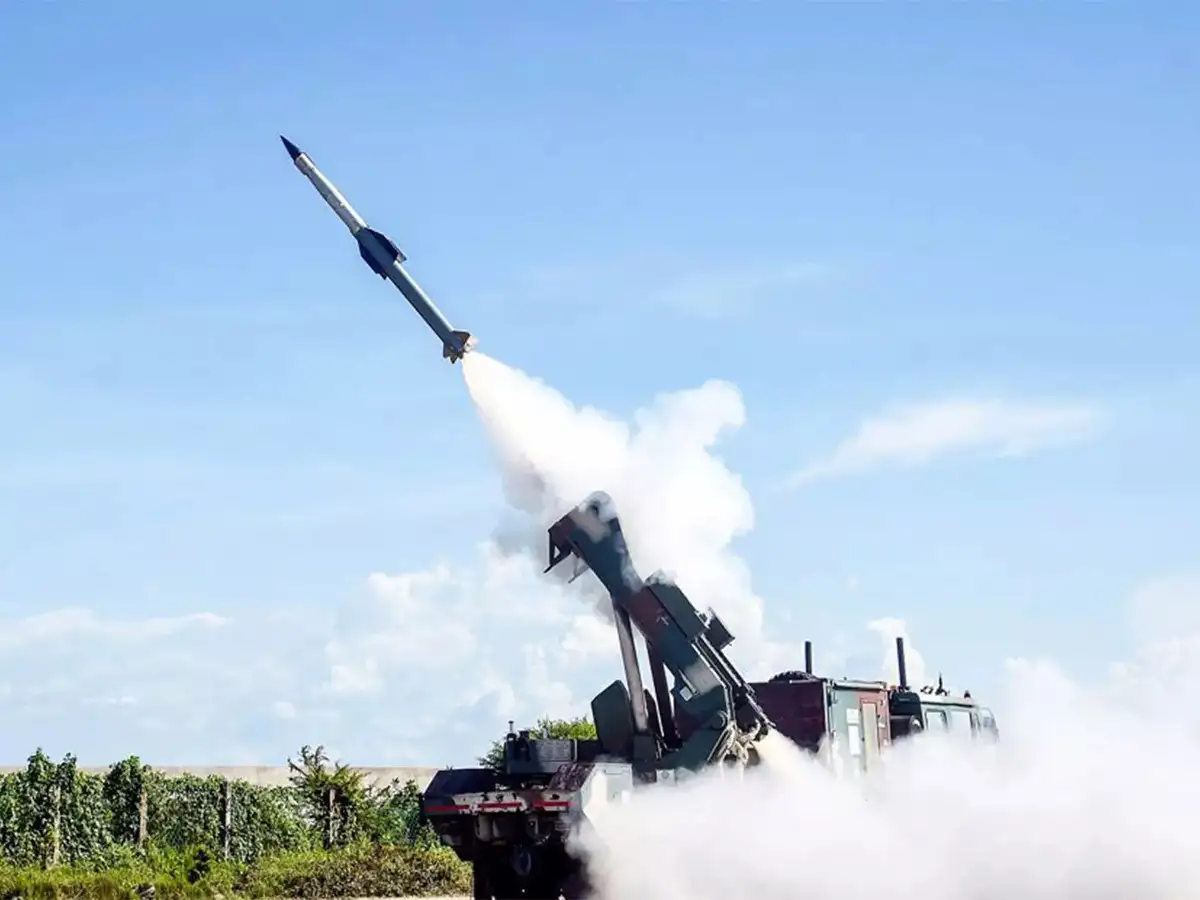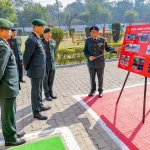In a landmark move to boost defence indigenisation and enhance aerial security along the borders with Pakistan and China, the Indian Army has issued a tender worth around ₹30,000 crore to state-owned Bharat Electronics Limited (BEL) for the procurement of ‘Anant Shastra’ surface-to-air missile systems, developed by the Defence Research and Development Organisation (DRDO).
The project envisages the induction of five to six regiments of these highly mobile and versatile missile systems, which were earlier known as the Quick Reaction Surface-to-Air Missile (QRSAM). Officials said the new systems would be deployed across both western and northern borders, strengthening the Army’s Army Air Defence (AAD) network.
Key Highlights:
- Boost to Indigenous Defence: The tender follows clearance from the Defence Acquisition Council, soon after Operation Sindoor, where Army Air Defence units played a critical role in neutralising Pakistani drone incursions.
- Operational Edge: With a range of about 30 km, Anant Shastra can search, track, and engage aerial threats on the move, firing even during short halts.
- Complementing Existing Systems: The system will work alongside the MRSAM and Akash missiles, expanding the Army’s short-to-medium range defensive umbrella.
- Extensive Trials: The missile system has been tested under day and night operational scenarios, proving its reliability in diverse conditions.
- Integrated Defence: The Army AAD currently operates MRSAM, Akash, L-70, Zu-23 guns, and works jointly with the IAF’s Spyder and S-400 systems for layered defence.
During the four-day conflict with Pakistan in May, which saw Islamabad deploying Chinese-origin drones, Indian Army air defence units successfully destroyed most hostile UAVs using L-70 and Zu-23 guns, supported by Akash and MRSAM missile systems. The performance of AAD during the operation accelerated the decision to fast-track the induction of Anant Shastra.
The Army is also modernising its air defence arsenal with new radars, VSHORAD systems, jammers, and laser-based anti-drone weapons to counter threats, especially from Turkish and Chinese-origin drones in Pakistan’s inventory.
Army Chief General Upendra Dwivedi has consistently pushed for increased self-reliance in defence, highlighting upcoming indigenous systems like the Zorawar light tank and advanced air defence technologies as crucial to the Army’s modernization drive.













